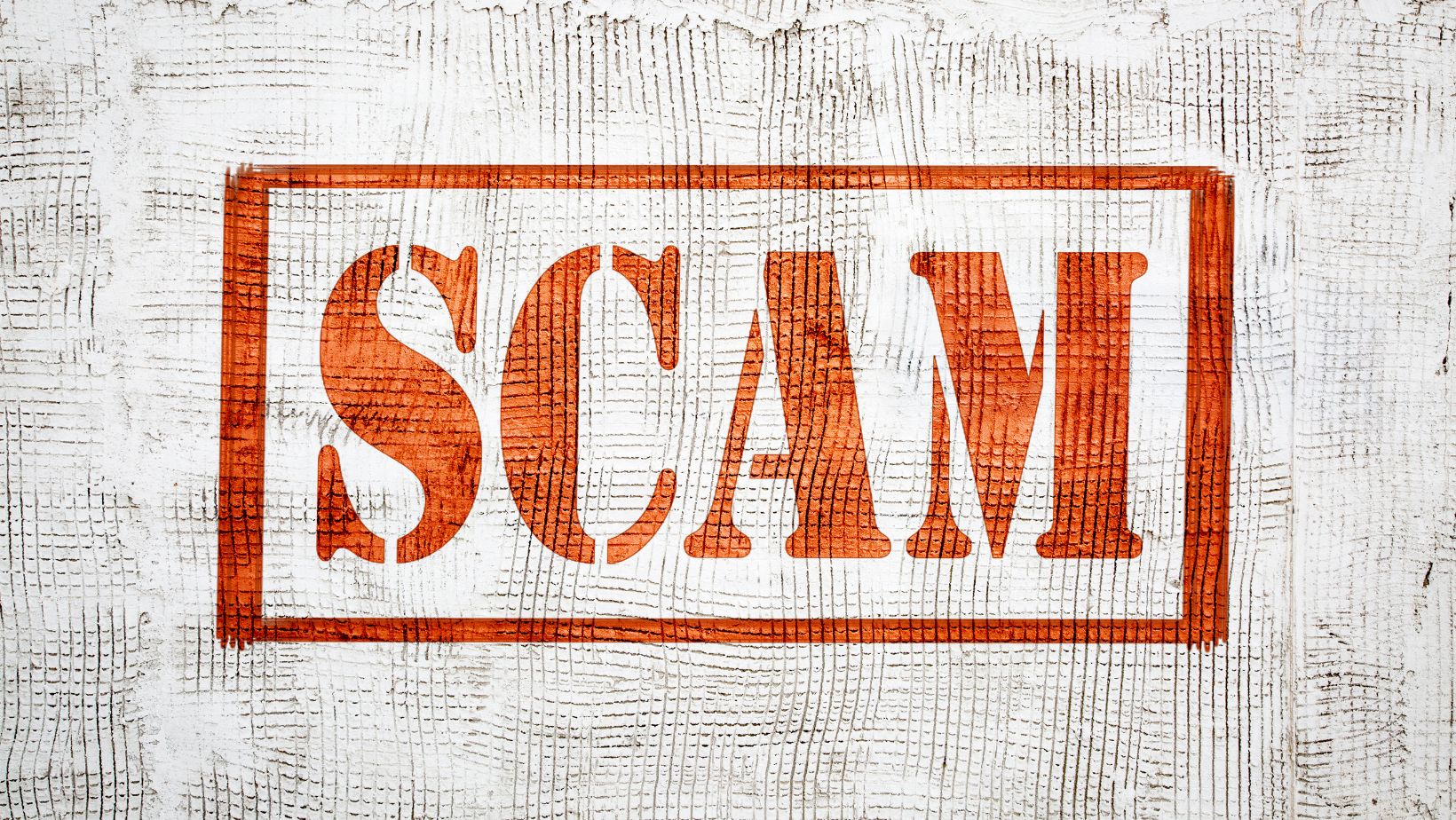Table of Contents
ToggleBased on FTC data, imposter scam reports have surged nearly five-fold since 2020. Losses due to them have more than tripled, with reported amounts crossing $1.1 billion in 2023. This is hardly a surprise when you consider the growing use of advanced technologies like AI and deepfake by criminals to make their schemes more convincing and effective.
But this doesn’t mean you need to fall victim or live in fear of their ploys. From verifying identities using a people search website to adopting password security to keep your data safe, there are countless measures to outsmart an imposter.
In this article, we discuss specific steps you can take to ward off impersonation scams. But first, let’s take a look at what these frauds are all about.
What Are Imposter Scams?
Using technology, fraudsters can now mimic voices, spoof phone numbers, recreate videos, and carry out countless other shady activities that seemed nearly impossible just a few decades back.
This has given rise to a new wave of impersonation frauds that are increasingly hard to detect.
They usually involve mimicking a known individual, like a family member, friend, or coworker, or a familiar organization, such as the Internal Revenue Service, a charity, retailer, or tech company.
But sometimes, scammers can simply appear as legitimate individuals who you may not personally know. In romance scams, for instance, imposters could take on a fake persona to lure victims with feigned affection.
To initiate such schemes, bad actors can reach you via various mediums, including phone calls, texts, messaging apps, emails, social media, chat platforms, forums, and dating sites.
Regardless of their cover story, these scammers are only after one thing—money, either yours or others. For this, they can use a range of deceptive techniques, from pressuring you to invest in a lucrative opportunity to convincing you to share bank account or SSN details.
Worried About Imposter Fraud? Here’s What You Should Do
Today, scams are inevitable. Although eliminating imposters is impossible, you can certainly escape them by taking the following steps.
Know the Signs of an Impersonation
Many scams that rely on mimicking tactics share common characteristics. By learning how to identify them, you can often prevent unnecessary trouble.
Here are the key red flags to keep an eye on:
- Pressure to Act Fast: A fraudster could create a sense of urgency by giving you an unreasonably short time to respond to their requests or demands.
- Emotional Manipulation: Fear, greed, affection, and compassion can be powerful triggers of impulsive action. This is why many people fall for IRS scams, romance fraud, shady investments, and the like.
- Unsolicited Contact: If a call, text, or email is unexpected, there is a chance it may not be authentic, even if the person on the other end identifies themselves as someone you know.
- Unusual Requests: Asking for personal or sensitive information or requesting money through untraceable methods is pretty common in imposter scams.
Verify You Are Dealing With the Right Person
Impersonation schemes can be surprisingly elaborate and convincing. So, you can never be too careful when engaging with people on faceless mediums like phone calls and emails.

To authenticate who you are communicating with,
- Reverse search their phone number or email address using a people search site. This can help you identify its legitimate owner.
- If you have a verified contact number for the relevant person or organization, call them directly to confirm that the call or message originated from them.
- Pay close attention to email addresses to ensure they match the sender’s regular email. A single minor difference could mean you are dealing with an imposter.
- Avoid spoofed sites by checking website URLs for discrepancies.
- Set up a Caller ID on your phone to identify who is calling.
- Ask questions and probe further for information. Imposters will usually struggle to explain things in detail.
Keep Your Identifiable Data Secure
One of the primary goals of imposter scams is to steal personal information.
So, keeping your social security number, date of birth, passwords, bank account details, and other sensitive data secure should be a top priority for protecting yourself from shady schemes.
For this,
- Set up strong passwords for online accounts, documents, and devices. They should be unique, complex, and hard to guess. Apply multi-factor authentication and biometric features for added safety.
- Practice mindful sharing on social media, blogs, forums, and similar digital platforms. Consider the possible repercussions before divulging anything personal online.
- Keep your social security card, passport, bank statements, and other confidential documents under lock and key.
- Shred documents that contain sensitive details when you want to dispose of them.
- Minimize your digital data footprint by deleting identifiable content and closing down unused accounts.
Report Fraud
Many people who experience an imposter scam never tell anyone else about it out of shame or guilt. But this will only make things worse. Remember, once you fall victim to fraud, the risk of being targeted again by scammers is significantly high.

So, if you ever encounter an impersonation scheme, alerting the relevant authorities is important, even if you manage to sidestep it.
When reporting fraud,
- Gather all available evidence, from call logs to emails, and contact your local police.
- Make a complaint to the Federal Trade Commission at www.reportfraud.ftc.gov. If you think your identity has been compromised, visit www.identitytheft.gov and get a personal recovery plan.
- Alert the FBI’s Internet Crime Complaint Center on www.ic3.gov if the scam was cyber-enabled.
- When your bank or credit card accounts are impacted in any way, notify the relevant bank or card issuer.
Summing Up
Imposters deceive millions of Americans each year, stealing their identities and hard-earned money and compromising their long-term safety.
So, taking adequate steps to protect yourself is a must when interacting with people in your day-to-day life, especially on faceless mediums.
For this, learn the telltale signs of impersonation fraud so you can detect and avoid them quickly. No matter how familiar a person may seem, confirm their identity before responding to any requests. In addition, pay extra attention to your personal data, and don’t hesitate to report fraud if you ever encounter one.
















